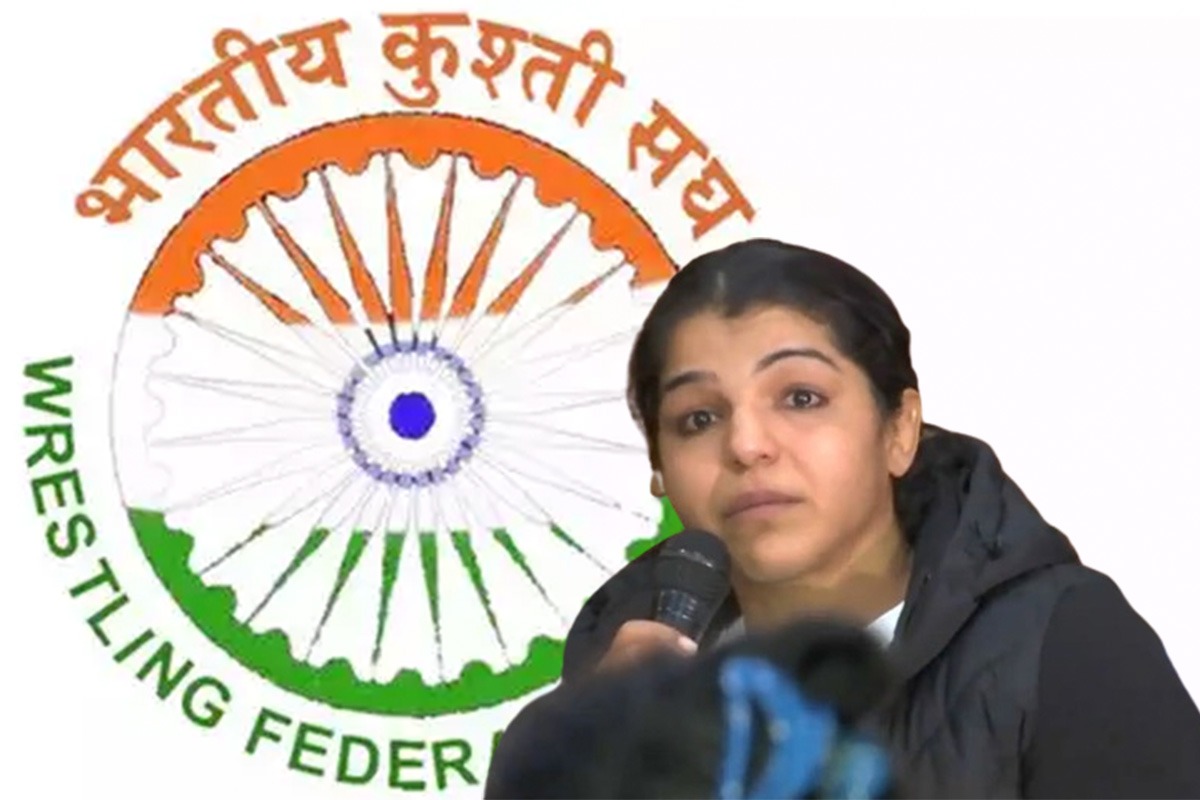The recent decision of Olympic bronze medallist Sakshi Malik to quit wrestling and join the opposition ranks has exposed the hypocrisy and injustice of the ruling BJP government, which has failed to address the issue of sexual harassment faced by several women wrestlers at the hands of its own MP and former Wrestling Federation of India (WFI) chief Brij Bhushan Sharan Singh. The government has also shown its contempt for the democratic rights and dissenting voices of the opposition MPs, who have been suspended en masse from the Parliament for protesting against the security breach and other issues.
Sexual harassment, a crime rooted in power dynamics, violates victims’ dignity and autonomy. Perpetrators exploit authority, intimidating victims and evading accountability, while victims encounter barriers like fear of retaliation and lack of support. The case of Brij Bhushan Sharan Singh is a glaring example of how sexual harassment is a crime steeped in power. The accused, who is a six-time MP from the ruling party, has been charged with stalking, harassment, intimidation, and making sexually coloured remarks against at least seven female wrestlers, including a minor, over the past few years. He has also been accused of appointing his close aides and relatives to key positions in the WFI, and of manipulating the selection and training of the wrestlers.
The government has also shown its authoritarian and undemocratic attitude by suspending 143 opposition MPs from the Parliament for the rest of the winter session, for raising various issues, including the security breach, the farm laws, the Pegasus snooping, and the sexual harassment case. The government has accused the opposition MPs like Raghav Chadha, Mohua Moitra and Sanjay Singh of disrupting the House proceedings, cash-for-query and gross violation of rules while ignoring the fact that some of its MPs have used unparliamentary and unconstitutional language in the Parliament, but have not faced any penalty.
The victims, on the other hand, have shown remarkable courage and solidarity in speaking out against the harassment and demanding justice. They have staged a sit-in protest in Delhi, and have boycotted the national and international tournaments until their demands are met. They have also filed a petition in the Supreme Court, seeking the registration of an FIR against Brij Bhushan and forming an independent inquiry committee. They have received support from various quarters, including the media, the public, and some former and current athletes.
However, the government has turned a blind eye and a deaf ear to the plight of the wrestlers and has instead tried to shield the accused. The government has not taken any action against Brij Bhushan and has not made public the findings of the oversight committee headed by Mary Kom that was constituted to investigate the allegations. The government has also not intervened in the WFI elections, which resulted in the victory of Sanjay Singh, a loyalist of Brij Bhushan, as the new president of the federation. The government has also not responded to the concerns raised by the International Olympic Committee, which has condemned the way the wrestlers were treated by the police and called for an impartial inquiry.
The decision of Sakshi Malik to quit wrestling and join the opposition is a symbolic and significant gesture that reflects the frustration and anger of the wrestlers, who have been denied justice by the government. It is also a challenge to the government, which has abused its power and betrayed its mandate. It is a reminder that sexual harassment is a crime steeped in power, and that power is not absolute, but accountable to the people.









